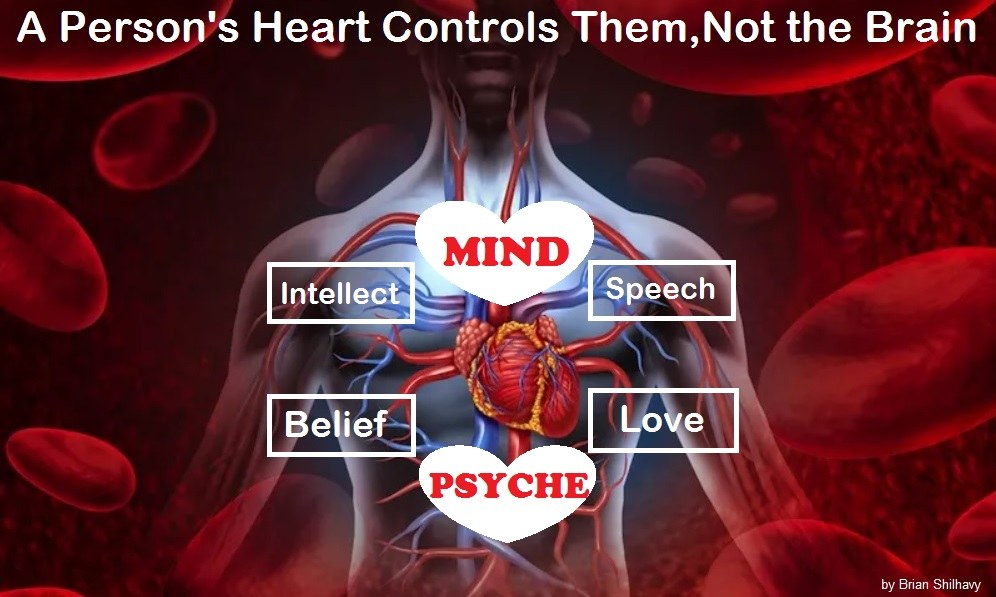
Coffee Consumption May Mitigate the Risk for Acute Kidney Injury: Results From the Atherosclerosis Risk in Communities Study
Coffee, one of the most often consumed beverages worldwide, contains a wide variety of compounds, including caffeine, diterpenes, and chlorogenic acid, which fully develop after the bean roasting process and are reported to have an assortment of health benefits. Habitual coffee consumption is associated with the prevention of chronic and degenerative diseases, including type 2 diabetes, cardiovascular disease, and liver disease.
ARIC, a large population study of 14,207 participants aged 45 to 64 years, revealed that higher self-reported daily coffee consumption was associated with a lower risk of incident chronic kidney disease after adjustments were made for demographic, clinical, and dietary factors.
Thus, habitual coffee consumption has a strong potential for reducing the risk of progressive kidney disease.
The most often studied compound in coffee is caffeine, a methylxanthine alkaloid and an adenosine receptor antagonist that significantly alters kidney function by rapid-acting mechanisms, including modification of the renin-angiotensin-aldosterone system, baseline renal plasma flow, hemodynamics, and natriuresis.
Caffeine also inhibits sodium reabsorption in the proximal and distal tubules of the kidney, thus increasing solute and free water excretion,8 and has been postulated to fully inhibit the local tubule-glomerular feedback response to increase distal sodium delivery.
Other less-studied bioactive compounds in coffee including chlorogenic acids, chlorogenic acid lactones, p-coumaric acid, nicotinic acid, theobromine, and trigonelline must also be considered as potential contributors to coffee’s cardiorenal protective effects, as many of these polyphenol compounds are potent plant-based antioxidants that have been found to improve generalized inflammation and oxidative stress, key factors in the development of AKI.
For these reasons, coffee consumption may also mitigate the risk for developing AKI, yet it is unclear which individuals will experience the strongest cardiorenal protective effects.
We aimed to assess associations between coffee consumption and incident AKI in a large, diverse population of middle-aged adults and hypothesized that habitual coffee consumption would be associated with a lower risk of incident AKI because of the cardiorenal protective properties of both coffee and caffeine.
This article was written by Human Superior Intelligence (HSI)
See Also:
Understand the Times We are Currently Living Through
New FREE eBook! Restoring the Foundation of New Testament Faith in Jesus Christ – by Brian Shilhavy
Who are God’s “Chosen People”?
KABBALAH: The Anti-Christ Religion of Satan that Controls the World Today
Christian Teaching on Sex and Marriage vs. The Actual Biblical Teaching
Exposing the Christian Zionism Cult
The Bewitching of America with the Evil Eye and the Mark of the Beast
Jesus Christ’s Opposition to the Jewish State: Lessons for Today
Identifying the Luciferian Globalists Implementing the New World Order – Who are the “Jews”?
The Brain Myth: Your Intellect and Thoughts Originate in Your Heart, Not Your Brain
What is the Condition of Your Heart? The Superiority of the Human Heart over the Human Brain
The Seal and Mark of God is Far More Important than the “Mark of the Beast” – Are You Prepared for What’s Coming?
The Satanic Roots to Modern Medicine – The Image of the Beast?
Medicine: Idolatry in the Twenty First Century – 10-Year-Old Article More Relevant Today than the Day it was Written
Having problems receiving our emails? See:
How to Beat Internet Censorship and Create Your Own Newsfeed
We Are Now on Telegram. Video channels at Bitchute, and Odysee.
If our website is seized and shut down, find us on Telegram, as well as Bitchute and Odysee for further instructions about where to find us.
If you use the TOR Onion browser, here are the links and corresponding URLs to use in the TOR browser to find us on the Dark Web: Health Impact News, Vaccine Impact, Medical Kidnap, Created4Health, CoconutOil.com.






















Join the Discussion